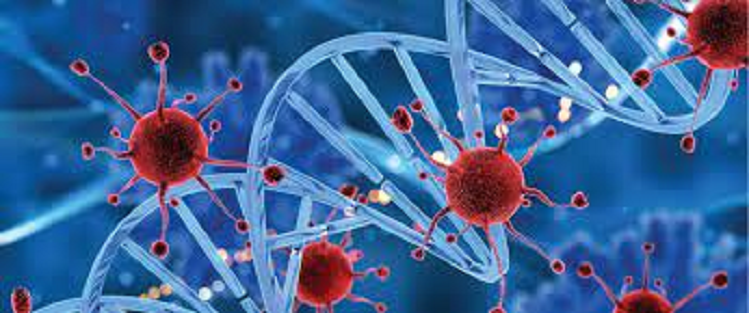Blood Cancer: Blood cancer is a very dangerous disease, due to which many people in the world are suffering from it. However, there is less information among the people about what is the cause of blood cancer, and how many types are there. If you also do not know much about this, then do not worry. To get information about this, we spoke to Dr. Rahul Bhargava, Chief Director of Hematology and Bone Marrow Transplant, at Fortis Hospital. Let us know what he has to say about this.

Dr. Bhargava told us that blood cancer is a group of many diseases in which there is uncontrolled growth of cells. There is not just one but many types. Most cases of blood cancer, such as leukemia, lymphoma, and myeloma, are caused by abnormal changes in white blood cells. In the last decade, everything from morphology to genomics has been used to better understand leukemia, which has helped a lot in understanding the human body and genome better.
There are two types of leukemia, one is acute leukemia and the other is chronic leukemia. If leukemia affects the myeloid compartment, it is called acute myeloid leukemia and when lymphoid is affected, it is called lymphoblastic leukemia.
White blood cells live in lymphoid tissue, called lymph nodes. These white blood cells are the reserve soldiers of our body, that is, they help in protecting us from diseases. Any abnormality in these gives rise to 35 types of B and T cell lymphoma. When white blood cells, also called plasma cells, mature, they never die and lead to a disease called multiple myeloma, which affects the bones, and kidneys and can lead to hemoglobin deficiency. Now it can be divided into different groups based on genomics, with the help of which better treatment can be decided.

Additionally, when stem cells are affected and start giving rise to abnormal cells, it is called myelodysplastic syndrome. When these cells stop producing, it is called aplastic anemia. Blood cancer is a multiphased disorder, that is, it has many phases, which are decided based on blood count. It is diagnosed using bone marrow and is determined based on genomics. Generally, normal types of cancer have different stages but lymphoma blood cancer does not have such stages but it can be serious or extremely serious depending on the cytogenetic or genetic mutation. Over the past 30 years, the treatment landscape has changed significantly and it has come to be considered a treatable disease rather than a fatal one.
Picture Courtesy: Google










